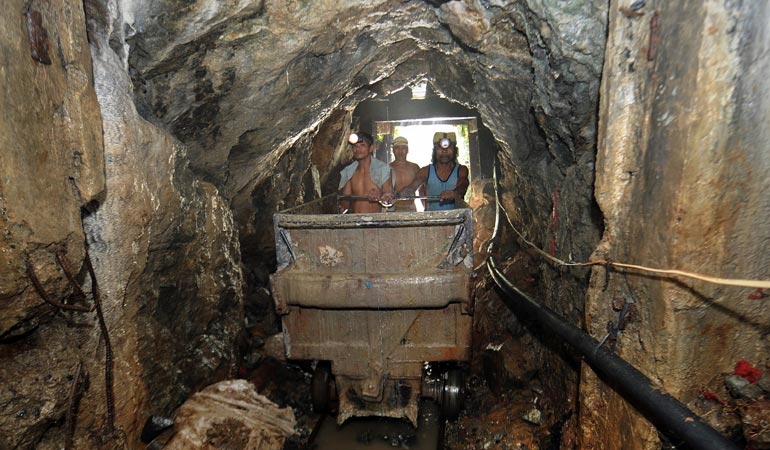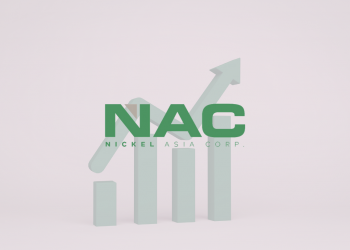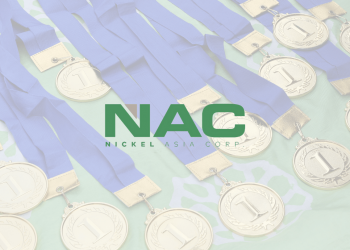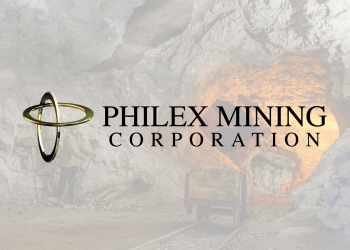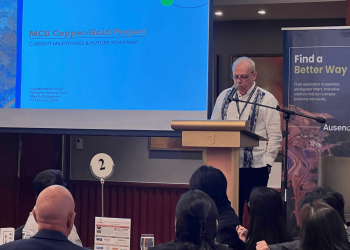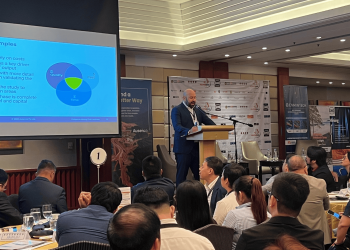It is pretty clear that the Duterte administration is closely supervising the current mining industry and has indicated to make radical changes in the Mining Act within the year.
That is why the Department of Environment and Natural Resources (DENR) has been continuously hard at work ironing out controversies plaguing the ministry and the mining sector at large.
This week, the government is now drafting the final pages of a roadmap to the future of the mining sector that would mandate fair revenue-sharing between the government and contractors – a key feature to be added to the Philippine Mining Act of 1995, which is accused of being lukewarm in comparison to other countries’ mining policies.
“If you see the Mining Act, it is not that good, in the sense that the sharing between the industry and the government is not clear. Under the Mining Act, we only get 2% excise tax and 5% if the activity is undertaken in a mineral-reservation area,” Jonas R. Leones, Cimatu’s spokesman, told the BusinessMirror on Tuesday.
“In other countries, the government’s share in mining profits reach up to 50% to 60%,” he added, reiterating that the current mining law must allow the government equal share in the minerals being exploited by industry players.
Duterte is keen on improving protection and productivity of the mining industry, to which Cimatu diligently follows through in his duty as DENR secretary. “The President wants the community to be protected and well-compensated, so that is our direction,” Leones said.
Earlier, the fast-tracked effectivity of the Tax Reform for Acceleration and Inclusion (TRAIN) Act had all sectors in a mixed bag, wherein a significant increase of 2% are now to be placed on new mining contracts streamlined for review.
However, Leones said this is not enough as it is only imposed as excise tax, not revenue sharing.
“It seems to be the direction; even at 4% tax. But it is not revenue sharing, it is an excise tax. There’s also the corporate tax. What we are trying to push is revenue sharing, the government should really have a share; that is why there is the moratorium on new mining contracts,” he said.
Another highlight in the roadmap is the so-called “progressive rehabilitation,” which is a guideline designed for miners to practice responsible mining – a direct result of the much-debated closure and suspension orders of 26 mining operations due to their alleged violations committed to the country’s ecologically-sensitive areas.
DENR’s mining regulating unit, the Mines and Geosciences Bureau, is also expected to provide a new set of regulations limiting the number of mining areas, especially for surface mines, under progressive rehabilitation.
In his recent visit to mining areas in Caraga, Cimatu discovered idle areas destroyed by mining operations, causing flood and landslide during the rainy season.
“We will be requiring mining companies to rehabilitate the areas,” Leones said despite protest from mining stakeholders who leave mining tenements exposed as a strategy.
Also included in the amended policy is that miners will be asked to process extractives instead of exporting them to boost the local mining industry.
This is also sought by the Chamber of Commerce of the Philippine Islands, the oldest business organization in the country, who suggested indigenous raw materials like copper ore should be processed in local factories.



